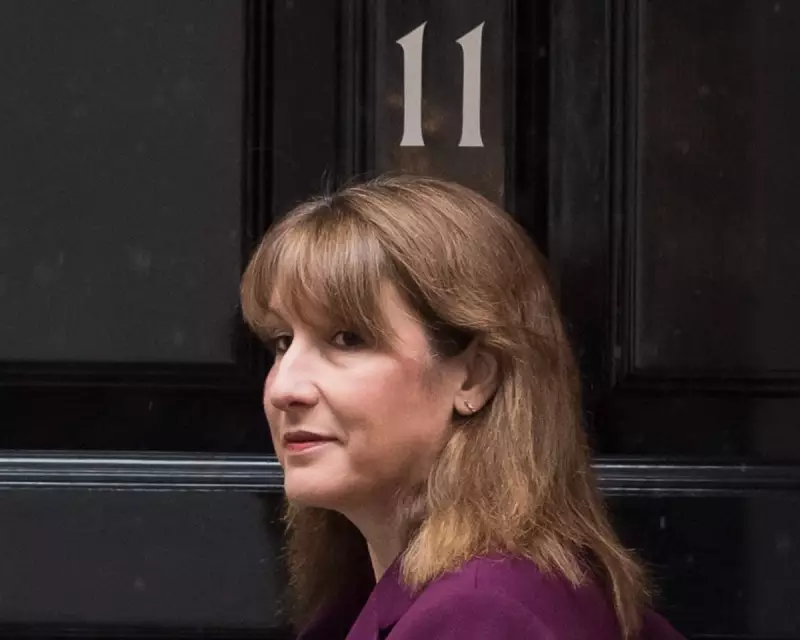
The British pound has suffered a significant setback in currency markets, tumbling to multi-month lows against both the US dollar and euro as anxiety builds ahead of the government's autumn budget announcement.
Sterling dropped nearly a cent against the dollar to $1.2650, marking its weakest position since April, while also falling sharply against the single currency to €1.1630 - a level not seen since August. This dramatic slide reflects growing market concern about potential tax increases that could dampen economic growth.
Market Jitters Over Fiscal Policy
Currency traders are reacting to increasing speculation that Chancellor Jeremy Hunt will unveil substantial tax rises in his November 6 budget statement. Analysts suggest these measures are necessary to fund public services and potentially implement pre-election tax cuts, but investors fear the impact on consumer spending and business investment.
The pound's decline positions it as one of the day's worst-performing major currencies, with market sentiment turning decidedly negative towards UK assets. This movement signals deeper concerns about Britain's economic outlook compared to other developed nations.
Broader Economic Concerns
Beyond budget anxieties, the pound faces additional pressure from shifting expectations about interest rates. Recent economic data has led markets to scale back bets on how quickly the Bank of England might cut borrowing costs, creating further uncertainty.
Meanwhile, the US dollar continues to strengthen broadly as investors await crucial inflation data that could influence Federal Reserve policy. This dollar strength has contributed to sterling's weakness, exacerbating the budget-related declines.
Financial markets remain on high alert, with all eyes on the Treasury's November announcement that could determine the pound's trajectory through the crucial winter months and beyond.





